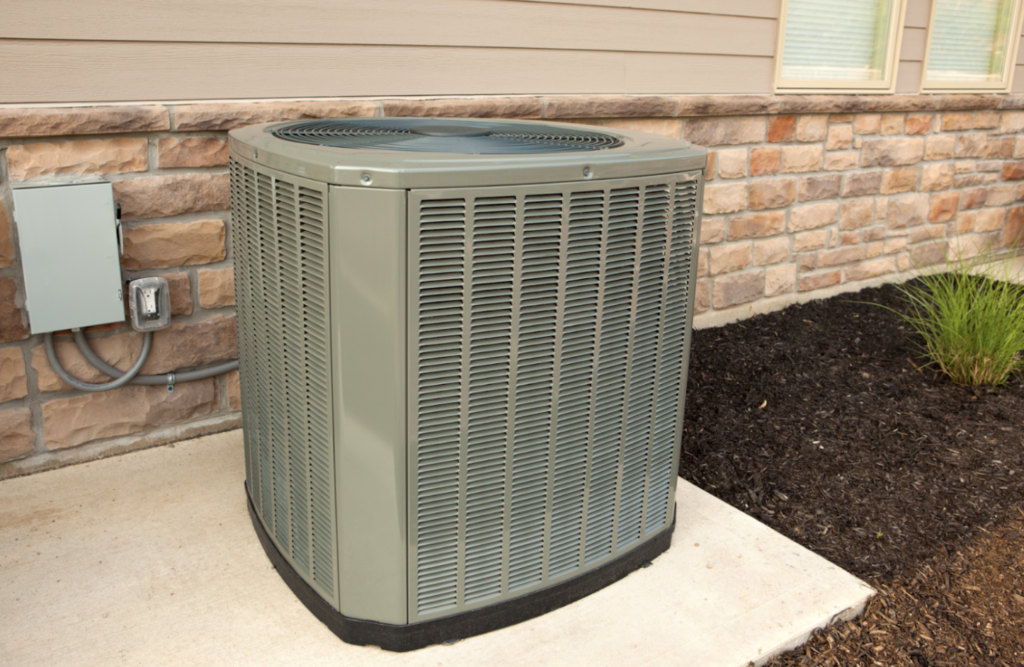To keep your Gresham home comfortable in summer and winter, it’s important to know what BTUs are for cooling and heating. If you’re new to home air conditioning, the terms can be overwhelming. These terms include BTUs, SEER ratings, and choosing the right size air conditioner.
This guide aims to demystify these terms, providing you with the knowledge to make informed decisions about your home’s heating, ventilation, and air conditioning (HVAC) needs.
What are BTUs?
BTU stands for British Thermal Unit. Despite its name suggesting British origins, BTUs are widely used in the United States to measure the energy efficiency and capacity of heating and cooling equipment.
One BTU is the energy needed to raise the temperature of one pound of water by one degree Fahrenheit. BTU rating for air conditioning shows how much heat an air conditioner can remove from a room in one hour.
What is SEER and Why Does it Matter?
SEER, or Seasonal Energy Efficiency Ratio, is a measure of how efficiently an air conditioner or heat pump uses electricity to remove heat from your indoor air. The higher the SEER rating, the more energy-efficient the unit is. In the U.S., new air conditioning units must have a SEER rating of at least 13.0, but many models are available with ratings of 21 or higher, indicating superior energy efficiency.
Factors Influencing BTU Requirements
Several factors impact the number of BTUs needed for efficient air conditioning, including:
- Size of your house
- Type and quality of insulation
- The number and size of windows
- Location and climate of your home
- Ceiling height
How Many BTUs do I Need for AC?
The general rule of thumb is you’ll need approximately 20 BTUs for each square foot of living space. However, this can vary based on the factors mentioned above. For example, a 1,000 square foot home typically requires about 20,000 BTUs for effective cooling.

Consider the Type of AC You Have
The type of air conditioning system, whether it’s a central unit, window unit, or ductless mini-split, also affects the BTU requirements. Each system type has its own efficiency levels and cooling capacities.
Central Air Conditioning is best for cooling entire homes efficiently, especially if ductwork is already in place. They need more power to cool a bigger area, but they make the whole house comfortable.
Window Air Conditioning Units are a cost-effective option for cooling single rooms or small spaces. They’re straightforward to install and ideal for targeted cooling, though less efficient for larger areas.
Ductless HVAC Mini-Split Systems are flexible and efficient, providing targeted cooling in specific areas without ductwork. While upfront costs are higher, they offer significant energy savings and precise temperature control.
Calculator: What Size Air Conditioner Do I Need?
To accurately determine what size air conditioner you need, start by calculating the square footage of the space you need to cool. Then, adjust your BTU needs based on ceiling height, insulation quality, window size, and sun exposure. Remember, it’s often better to slightly overestimate your needs to ensure effective cooling.
To figure out the right amount of cooling power for your home, start by calculating the total square footage of the area you want to cool. Then, multiply this number by 20. For example, if your house covers 2,000 square feet, you’ll be looking for an air conditioner with a capacity of 40,000 BTUs. And if you’re aiming to cool a smaller space, like a single room that’s 400 square feet, then a 8,000 BTU unit should do the trick.
It’s unlikely you’ll find a unit that matches your needs perfectly, but this method gives you a good ballpark figure to work with. When choosing an air conditioner, it’s wise to err on the side of a bit too powerful rather than not powerful enough. Opt for a unit that offers slightly more BTUs than your calculation suggests is necessary.
Professional Measurement: Manual J Calculation
For the most accurate assessment, consider a professional Manual J calculation by Oxbow HVAC experts. This detailed analysis considers all critical factors, including climate, home layout, and construction materials, to determine the exact BTU capacity needed.

Efficiency Considerations
Beyond BTU requirements, consider the energy efficiency of potential units. Look for air conditioners with high SEER ratings and ENERGY STAR certification to ensure lower energy bills and reduced environmental impact. See a full list of products that meet energy-efficiency specifications by ENERGY STAR.
Conclusion
Understanding BTUs and SEER ratings is crucial for choosing the right air conditioning unit for your Gresham home. To choose the right HVAC system for your home, talk to an Oxbow HVAC expert and consider your home’s needs.
Remember, the goal is not just to cool or heat your space but to do so in the most energy-efficient manner possible. If you are installing a new system or upgrading an existing one, having accurate information is crucial. This information will assist you in making decisions that enhance comfort and reduce costs. Oxbow HVAC professionals are here every step of the way, offering residential HVAC services 24/7 to help you keep your home running safe and efficiently.





